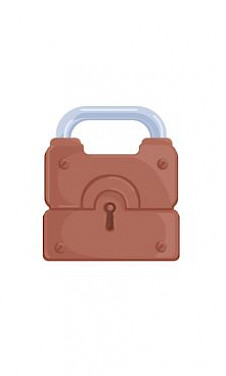
A Right to Privacy
Number of periods:
2
Suggested level:
Secondary Cycle One
Subject:
Culture and Citizenship in Québec, English Language Arts, Law
Description
This activity gets students thinking about why privacy rights are protected. Learning tools include three real court decisions, discussion questions, a simulated negotiation session and a writing exercise. Students are called on to take a position on how privacy rights are defined in Canada.
Educational objectives
- To learn more about the Canadian Charter of Rights and Freedoms, privacy rights and their application in school
- To learn about how judges reach decisions
- To learn to effectively express an opinion during a discussion
- To practise writing an article or personal reflection
Subjects and subject-specific competencies
Culture and Citizenship in Québec - Secondary I
Cultural realities and compulsory main concepts: Collective life and public space - Public space and private space.
Compulsory specific concepts, and related topics and examples: Shifting boundaries between the public and private (due especially to the development of digital technology).
- Competency 2: Reflects on ethical questions:
- Examines a variety of points of view:
- Considers points of view and experiences.
- Compares reference points.
- Evaluates the reasoning being used.
- Examines a variety of points of view:
English Language Arts
- (Option A) Competency 2: Represents her/his literacy in different media
- (Option B) Competency 1: Uses language/talk to communicate and to learn
Duration
2 periods
Connections with other subjects
- History of Quebec and Canada:
- Societal choices in contemporary Quebec (Proclamation of the Constitution Act, 1982)
Broad areas of learning
- Media Literacy: Knowledge of and respect for individual and collective rights and responsibilities regarding the different media
- Health and Well-Being: Self-awareness and awareness of his/her basic needs
Cross-curricular competencies
- Uses information: Gathers information and puts it to use
- Exercises critical judgment: Forms and expresses his/her opinion
- Communicates appropriately
Related content
External pedagogical tools
- Pedagogical resources provided by MediaSmart
- Équijustice (association of Quebec’s alternative justice organizations): several mediation tools and services (French only)
- Office of the Privacy Commissioner of Canada : resources for teachers
- Cliquer Justice: video on privacy rights (French only)
External resources
- Decision of the Supreme Court of Canada: R. v. Patrick
- Decision of the Supreme Court of Canada: R. v. A.M.
- Decision of Ontario’s Superior Court of Justice: Leduc v. Roman
| This teaching guide may still refer to the Ethics and Religious Culture program. However, the topics covered remain relevant for the new Culture and Citizenship in Québec program. We are currently updating the content. You will be notified as soon as the new teaching guide is available online. |



